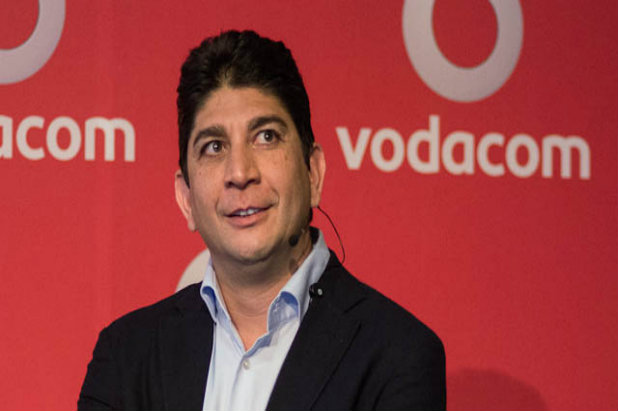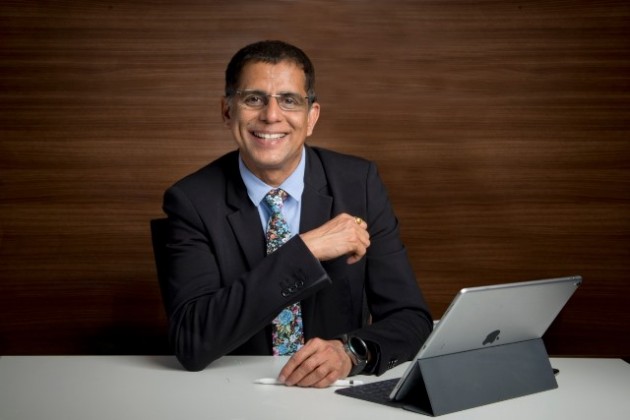Vodacom Says Rising Cost Will Affect the Industry
Vodacom South Africa MD Sitho Mdlalose has warned that input costs in the telecommunications sector are rising at a faster rate than inflation. Mdlalose, speaking to TechCentral in an exclusive interview, said that although Vodacom has “absorbed a lot of the costs” by implementing below-inflation increases, the cost to serve customers is increasing – and the implication is that Vodacom may have no choice but to pass on these higher costs to consumers. It already increased some prices earlier this year.
“The cost of producing 1GB of data has been increasing” due to investments to reduce the impact of load shedding, among other factors, Mdlalose said.

Diesel costs are also high, with Vodacom spending R350-million on diesel in its last financial year
“The sheer cost of operations given this climate will continue to be a pressure point. That won’t go away anytime soon… We have absorbed a lot of the costs and tried to do only inflationary price increases, even though our costs are above that,” he said.
Read also : United Kingdom Visa Payment Changes for Applications in Morocco
Speaking in the same interview, Vodacom Group CEO Shameel Joosub said capital investments by the telecoms sector remain “very high”. Vodacom is investing about R11-billion/year in its network, with a significant chunk of that being used to offset the impact of Eskom’s failure to supply electricity reliably. Diesel costs are also high, with Vodacom spending R350-million on diesel in its last financial year.
The energy crisis had a negative impact on Vodacom Group’s earnings in the financial year to end-March. A continuous effort to bolster network resilience by adding backup generators to base stations, using internet-of-things solutions (from its IoT.nxt subsidiary) to control power usage, and even partnerships with rivals have yielded results.
The weaker rand is also pushing up costs for operators, Joosub said. Everything from imported technology used in base stations to licence fees go up when the currency depreciates against the likes of the US dollar and the euro.
Although a focus on cost savings is vital, Mdlalose said the benefit to customers of having a mobile connection when the power is off goes beyond convenience to personal security. “Knowing that Vodacom is there … makes our customers feel safer.”
In May, trade, industry & competition Minister Ebrahim Patel published block exemptions under the Competition Act, which had a direct bearing on the sector. The exemptions have allowed telecom operators – and other companies – to collaborate to address the country’s electricity constraints, even activities normally prohibited by the act.
“These exemptions will enable energy suppliers and energy users to increase supply capacity, reduce the cost of energy or improve the efficiency of energy supply, and secure backup or alternative energy supply to minimise the effects of the current electricity supply constraints,” Patel said.
This has helped lower the cost of adding backup generators to base stations, which are usually shared by network operators, allowing them to consolidate their spending.
“Instead of adding three generators here and another three there [to power only Vodacom’s towers], I might say to MTN that I will add six here if you will add three more to another location,” Mdlalose said.
Vodacom has also collaborated with IoT.nxt to extract telemetry data on the power usage and heat generation of base station components. The data is used to power down components that are not in high demand, helping regulate air conditioning, for example, so that it is only used when needed. This both saves costs for Vodacom and reduces demand on Eskom.
Kelechi Deca

Kelechi Deca has over two decades of media experience, he has traveled to over 77 countries reporting on multilateral development institutions, international business, trade, travels, culture, and diplomacy. He is also a petrol head with in-depth knowledge of automobiles and the auto industry



